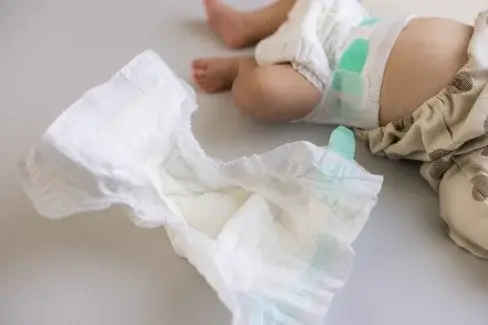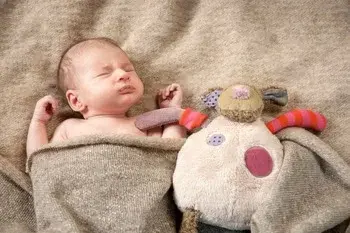Bathing & Diapering
Why Does My Newborn Poop After Every Feed?

Why Does My Newborn Poop After Feeding?
It’s very common for newborns to poop after feeding. Many parents notice their babies have bowel movements soon after eating. This happens because newborn digestive systems respond quickly to feeding. Understanding why your baby poops frequently can ease your mind and help you care for your newborn better.
In this article, we explore why newborns poop so often, what’s normal, and when you should be concerned.
How Often Should a Newborn Poop?
Newborn poop habits vary widely. Some babies poop after every feed, while others go several days without a bowel movement. Generally, newborns have at least one bowel movement per day. However, many breastfed babies poop five or more times daily in their first two weeks.
Because breast milk is easily digested, breastfed babies often poop more frequently than formula-fed infants. You might even notice your baby pooping during or right after nursing. This is completely normal and shows your baby is digesting milk well.
Formula-fed babies may poop less often but can still poop after every feeding. Over time, poop frequency may decrease as the baby’s digestive system matures. Yet, some babies continue to poop frequently well beyond the newborn stage.
Why Do Newborns Poop After Feeding?
- The Gastrocolic Reflex
Newborns have a strong gastrocolic reflex. This reflex triggers the bowels to contract after the stomach fills with milk. As a result, your baby may poop soon after eating. This reflex helps clear the digestive tract and makes room for more milk. - Digestive System Development
Newborns’ digestive systems are still developing. Their intestines move food quickly through the gut, leading to frequent bowel movements. This fast digestion ensures babies absorb nutrients efficiently. - Breast Milk and Poop Consistency
Breast milk contains easily digestible nutrients and fluids. Because of this, breastfed newborn poop after feeding tends to be soft and watery. This consistency is normal and different from the firmer stools of formula-fed babies.
When Should You Worry About Your Baby’s Pooping?
Although frequent pooping is usually normal, there are times to watch out for signs of concern. If your baby has more than three watery or very loose stools daily, it might be diarrhea. In this case, contact your pediatrician promptly.
Other signs to watch include:
- Blood or mucus in the stool
- Straining or discomfort during bowel movements
- A swollen or hard belly
- Excessive fussiness or irritability
If your newborn shows any of these symptoms, seek medical advice without delay.
Managing Frequent Pooping and Diaper Rash
Babies who poop after every feeding often experience diaper rash. Frequent exposure to stool can irritate delicate skin. You can prevent diaper rash by changing diapers promptly and cleaning the area gently with warm water.
Applying a barrier cream with zinc oxide or petroleum jelly helps protect your baby’s skin. Allowing your baby some diaper-free time daily also promotes skin healing and comfort.
How Long Can Newborns Go Without Pooping?
If your newborn does not poop for several days but has soft stools when they do, constipation is unlikely. Breastfed babies especially can go up to two weeks without a bowel movement because breast milk leaves very little waste.
However, if your baby strains with hard, dry stools, they may be constipated. In that case, talk to your doctor about the best steps to relieve your baby.
Conclusion
Newborn poop after feeding is normal and reflects a healthy digestive system. Most babies poop frequently because their intestines respond to feeding quickly. However, parents should monitor stool consistency and behavior for any unusual signs.
Remember, every baby is different. If your baby’s bowel movements change suddenly or they seem uncomfortable, always consult a healthcare provider.
Explore more news and helpful tips on newborn care and feeding right here on our website.








